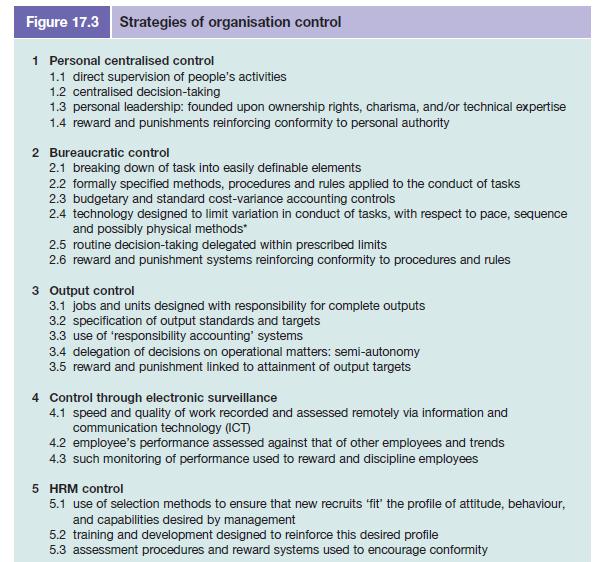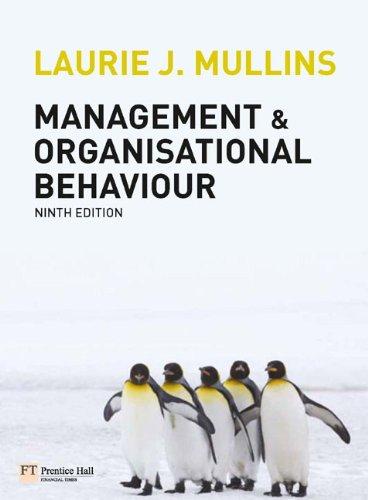Employee attitude surveys, brown bag lunches, focus groups, informal chats: managers try quite hard to find out
Question:
Employee attitude surveys, brown bag lunches, focus groups, informal chats: managers try quite hard to find out what their staff are thinking. But the results are mixed at best. What are your staff thinking? Admit it – you don’t really know. Is there any way of finding out? Electronic surveillance would be a bad idea. Cloaks of invisibility work for Harry Potter, but are not available to the rest of us. One chief executive has done the next best thing. He went undercover in his own business for two weeks, disguised as an office worker, completing shifts on ten different sites. He has heard for himself what his people really think. It has been a revelatory experience. Stephen Martin is the 43- year-old CEO of the Clugston Group, a medium-sized civil engineering and logistics company based in the north of England. But for two weeks earlier this year, as far as his colleagues were concerned he was ‘Martin Walker’, an ordinary co-worker trying to earn a living like everybody else.
How did Mr Martin avoid being found out?
He is still a relatively new CEO, having started in December 2006. He grew a beard and turned up to work in protective clothing rather than a suit. His down-to-earth, approachable style does not mark him out immediately as ‘boss class’. ‘This was a once-in-a-lifetime opportunity to hear unfiltered what my employees were really thinking,’ Mr Martin told me last week. ‘They said things to me that they would never have told their managers.’ What lessons has he learned? ‘Our key messages were just not getting through to people,’ Mr Martin says. ‘People working a shift on a large site do not have time to read newsletters or log on to websites. You have to communicate with people on their terms, and it is different for every location. One size does not fit all.’
For example, Mr Martin found that an apparently sensible idea – encouraging his workers to take a tea-break where they were working rather than coming back to a canteen – was taken to mean that the break had been cut. What is more, having worked these physically demanding shifts, which involved pouring concrete, laying kerbs and clearing drains, the boss now has a better informed view of the job. His conclusion: ‘We were asking the impossible of some of them.’ This experiment has highlighted a classic management problem. Leaders may know exactly what they want to see happening. They send out messages down the management line. Employees ought to understand. But between the top table and the shopfloor something goes wrong. And right now there is a bigger, more urgent point. In a recession it is even harder to have an effective, open dialogue with an anxious workforce.
Mr Martin feels he needs to ‘over-communicate’ to reassure staff who have seen big redundancies in recent months. ‘If you don’t pass on enough information, even if it is bad news, they will fill the gap with something else, probably worse than the truth.’ Key messages to staff should never go undercover, even if one boss had to don a disguise to find this out.
Discussion questions
1. What does Stephen Martin’s experience tell us about the problems associated with both direct (notice boards, websites) and indirect (delegated via managers) systems of organisational communication and control? How can they be overcome?
2. Use either Table 17.1 or Figure 17.3 to suggest which sort of control system you believe is best suited to organisations like the Clugston Group, and why.


Step by Step Answer:

Management And Organisational Behaviour
ISBN: 9780273728610
9th Edition
Authors: Laurie J. Mullins, Gill Christy





